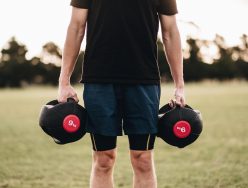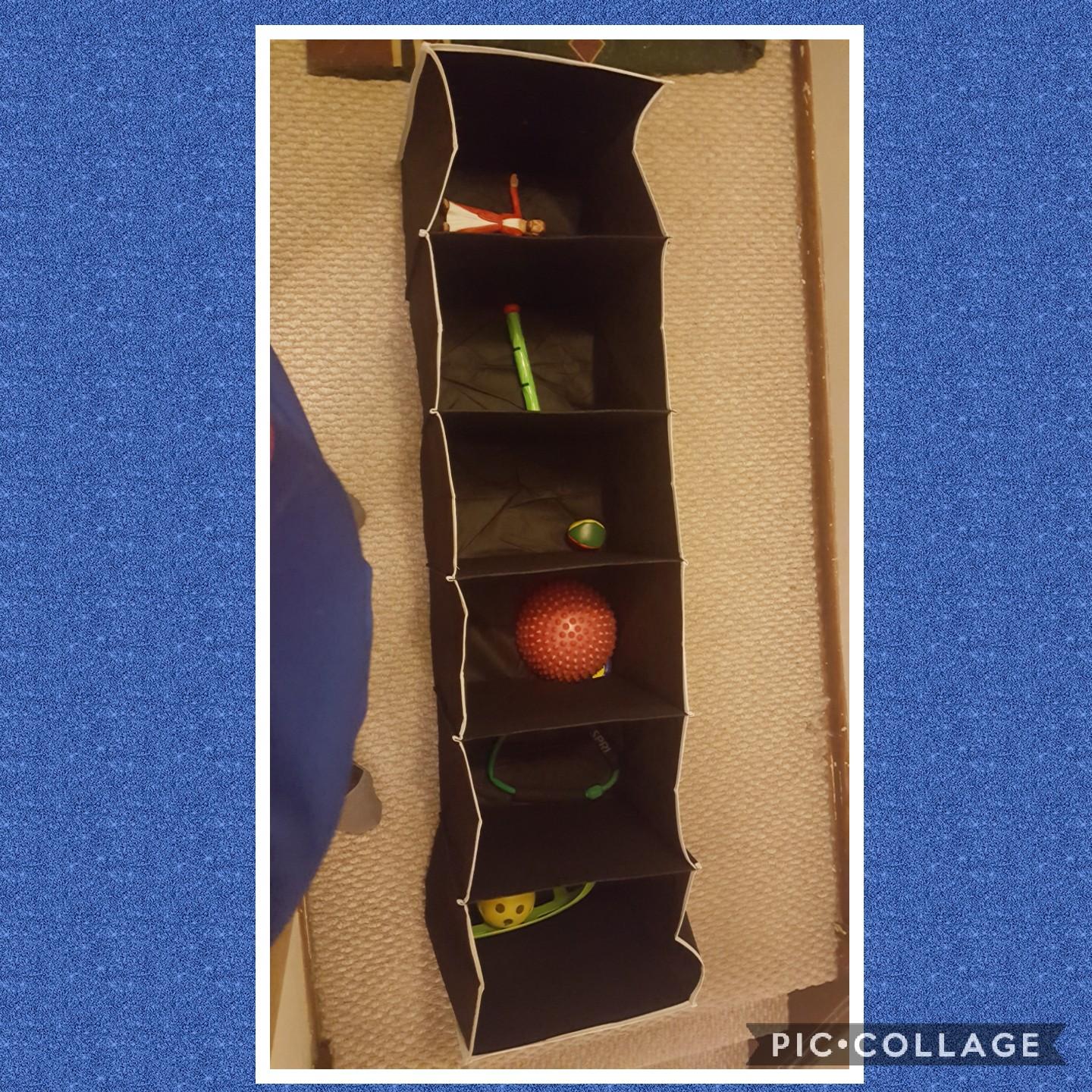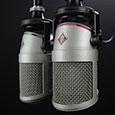As a running coach who has successfully coached many people to their first marathon, I am often asked what should an athlete eat when they are running, before and after. First of all, the biggest mistake people make is not eating before a long run to burn more calories. Or maybe you are not hungry, especially for an early morning workout.

If you are running more than a few miles, your stores have nothing to stoke the fire to start your workout. It is essential for any running session that you have a small meal or snack two hours to half an hour before your workout. If you’re only going to run for 30 to 45 minutes, it’s not necessary to eat food first. Your body has enough energy to last that long, as it taps into its fat stores. If you are going to run or work out for more than an hour, it’s a good idea to eat something before you get to work. Eating these foods will help to keep your body fueled with enough energy to keep you going, and will prevent you from getting dehydrated or sweating all of your nutrients out through your pores.
Experts debate how much you should eat before or after a run. Mid-of-the-line suggestions are 200 to 400 calories. Pre-run foods should focus on easily digestible foods and more of a carbohydrate than protein.
Carbohydrates
Fruit
Raisins
Berries
Bananas and apples
Oranges
Fruits are fast-performing carbohydrates because they are a natural sugar with Vitamin C, potassium, and a nutrient that keeps your blood pumping properly lowers blood pressure and reduces stroke risk. Healthy fat burning will give you the energy you need.
Bread
Whole Wheat Bread
Whole Wheat Pitas
Whole Wheat Crackers
Oatmeal Oats that have fiber and protein
These bread carbs are great for longer-lasting fueling but should be in limitation before and after the workout. The fiber is great but also can be a hindrance and weigh you down. Another effect is you may to have to use the bathroom more frequently during a race. Also, watch how much sugar is consumed. Jelly is nice, a simple sugar, but peanut butter also provides energy and protein.
Protein
Chicken breasts grilled or boiled
Low Fat String Cheese
Chia Seeds
Nuts
Hummus
Beans
Almond Butter
Milk
Yogurt, plain or fruit, for a combination energy source of also carbs
Egg Whites
Make lunch your main meal of the day, even if you run later or earlier in the day. It will allow you to digest your food for your workout. Make high-quality proteins such as chicken, fish, and tofu a part and parcel of your lunch, along with a large salad and some fruit as well.
For both before and after running, it is recommended that you eat fruit and yogurt, as long as the before-workout is a combination of more carbs––preferably a 3-to-1 ratio––with proteins and a recovery meal consisting of more protein. Post-nutrition is essential for successful recovery. It is physically and emotionally damaging, in the long run, to reward yourself with a treat after a long exercise session and it backfires in unwanted calories. Plus, it increases the time for your recovery. Eating right before and after your endurance workout will not only give you more energy but also increase your ability to conquer the rest of your tasks for the day.
Post-Run Nutrition
https://www.pinterest.com/cchapan/post-run-nutrition/?eq=post&etslf=8796
What to Eat Before a Run
https://www.pinterest.com/cchapan/what-to-eat-before-a-run/?eq=run&etslf=8040
Was this Article Helpful?
If this article was helpful to you, please consider linking this article to your own blog or sharing this through the social buttons below. You will also find other great articles at “Nutrition“.
- 1share
- 0Facebook
- 0Twitter
- 1Pinterest
- 0LinkedIn
Christina Chapan
Latest posts by Christina Chapan
- Body Language for Personal Trainers,Teachers and Group Instructors - January 12, 2020
- Allergies + Exercise: An Overview - January 9, 2020
- The Safety of Running Solo - January 5, 2020


















